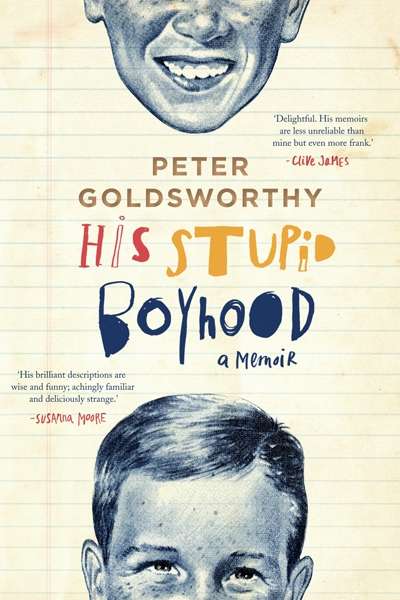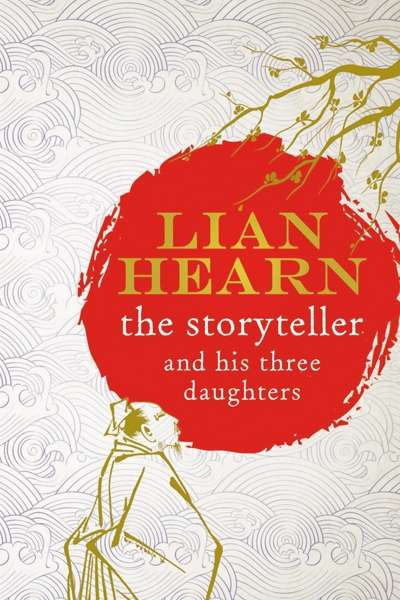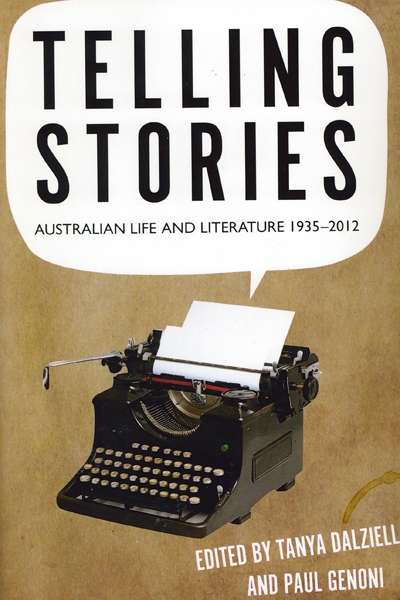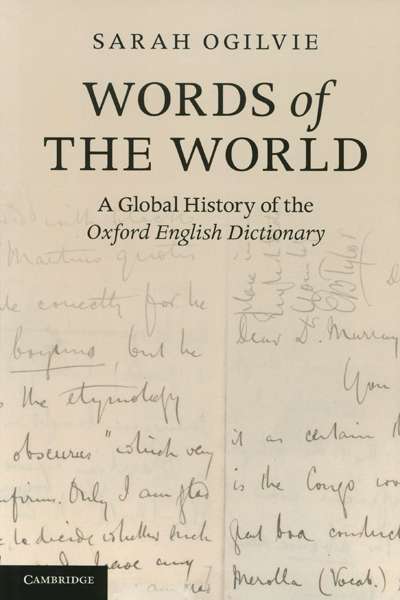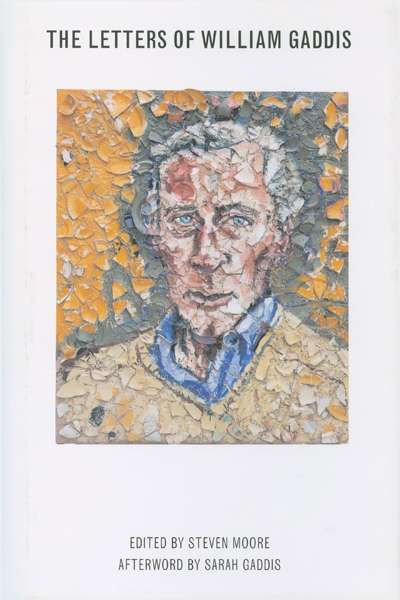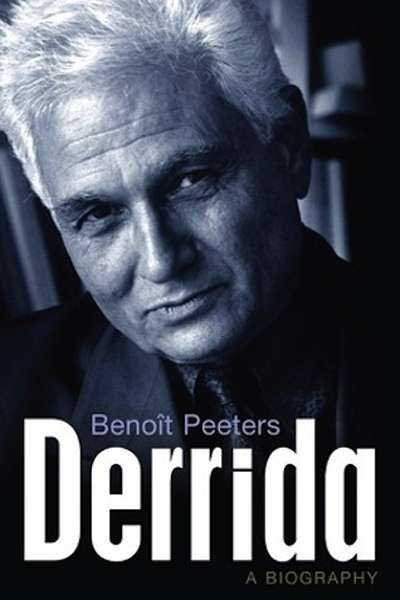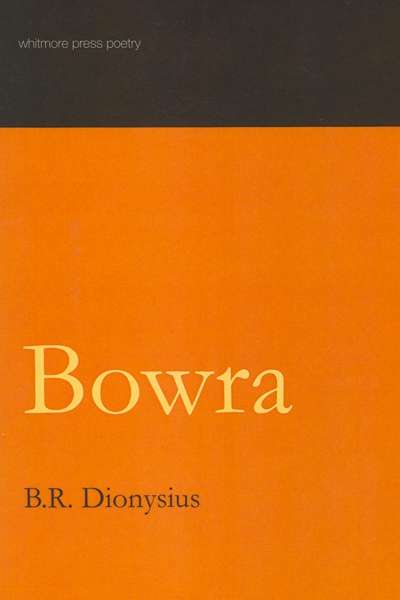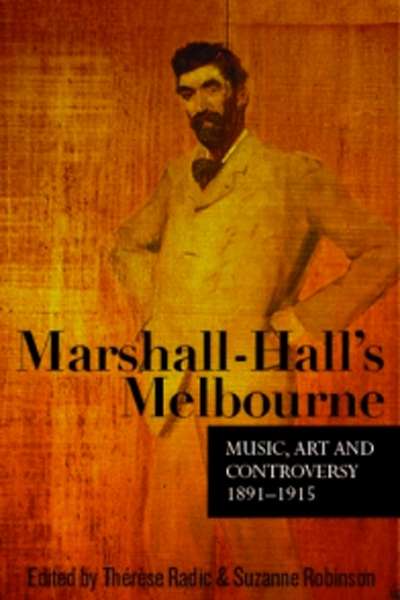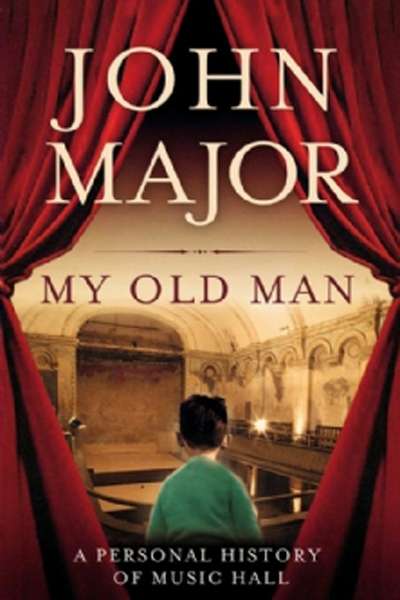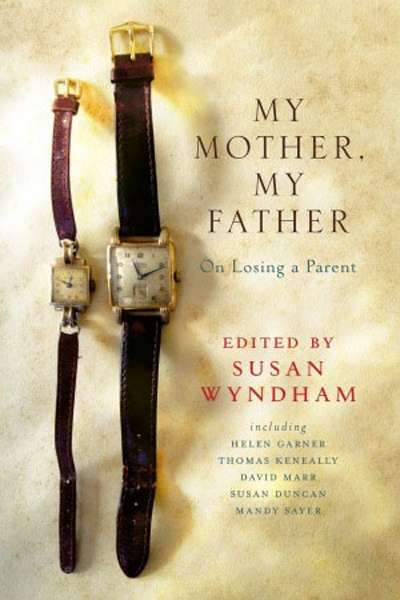Non Fiction
His Stupid Boyhood: A Memoir by Peter Goldsworthy
Italo Calvino once observed that the ideal condition for a writer is ‘close to anonymity’, adding that ‘the more the author’s figure invades the field, the more the world he portrays empties’. These comments about anonymity were made during an interview on Swiss television, no less. Calvino must have felt his imaginary worlds slipping away as he spoke ...
... (read more)The Storyteller and his Three Daughters by Lian Hearn & Henry Black by Ian McArthur
For centuries, Japan has magnetised the West’s imagination, evoking both fear and fascination. In the late nineteenth century, when most writers and readers in Europe, North America, and Australia had yet to see this ‘young’, newly accessible country for themselves, literary fantasies on the Madam Butterfly theme became a craze. Then, after Japan invaded its neighbours and defeated the Russian fleet, invasion fiction and drama flourished. Later, stories about geisha and yakuza served the same two purposes, attracting some and frightening others. Many readers are better informed now, yet the ‘Lost in Translation’ genre continues to cater to those who prefer Japan to remain weird and inscrutable, while ‘Last Samurai’ narrativesenable others to fantasise about the virtues of a past, more civilised age. Anime and manga continue to fascinate their fans across the world. There is a nascent revival interest in rakugo; surprisingly, the authors responsible for introducing it to Western readers are Australians.
... (read more)Telling Stories: Australian Life and Literature 1935–2012 edited by Tanya Dalziell and Paul Genoni
Telling Stories is a great brick of a book full of diverting bits and pieces about Australian culture over the past seventy-seven years. It is hugely entertaining – a sort of QIin book form, with seventy-nine authors offering their brief observations on aspects of Australian cultural life. No one will read it cover to cover: it’s the sort of book you can leave about the house for anyone to pick up and amuse herself with for fifteen minutes or so. They can jump from titbits about rock music, or children’s novels, films or poetry, or serious pieces on the slow movement towards understanding Australia’s Aboriginal heritage. The editors suggest it is ‘a twenty-first century cabinet of curiosities’. By and large, it creates an optimistic, even celebratory, account of the experience of Australian life in the twentieth century.
... (read more)Words of the World: A Global History of the Oxford English Dictionary by Sarah Ogilvie
Nothing ever gets taken out of the Oxford English Dictionary (OED) – at least, that’s what I believed until I read this book. Words which are no longer used simply stay where they are, complete with their quotations, and the addition of a small dagger symbol (†) to signify their obsolescence: for example, †devouress (defined in 1895 as ‘a female devourer’), whose earliest known use was in John Wycliffe’s 1382 translation of the Bible, and whose most recent known use was in a 1611 dictionary of the Italian and English tongues. So it was shocking to discover that OED editor Robert Burchfield removed a considerable number of words from the four supplementary volumes of the dictionary, the first of which appeared in 1972.
... (read more)'I do get truculent sometimes. As you know.’ So wrote the American novelist William Gaddis (1922–98) to his mother in 1950, before anybody, except perhaps Gaddis himself, suspected him of greatness. The Letters of William Gaddis, edited by prominent Gaddis scholar Steven Moore, might easily have been called Truculent Sometimes. A big book, as befits Gaddis, it contains plenty of his exquisite complaining. The language is boisterous yet precise, sometimes pained, sometimes brutal, sometimes tender – but, regardless of mood, very funny.
... (read more)Derrida: A Biography by Benoît Peeters, translated by Andrew Brown
Australia is one of the most urbanised and docile societies on earth, but its cities are hemmed in by a vast, poetry-laden hinterland. There is Kinsella in the west, Adamson on the Hawkesbury, and, in this book, the western Queensland of B.R. Dionysius. No one ever seems to be matter of fact about the landscape in Australia. It is politically charged, or Gothic, or, most often, mythopoeic. Dionysius’s book is all of these but mostly mythic: it is a murky, flooded, uninsurable world that he depicts, with the Bremer River as its resident deity.
... (read more)Marshall-Hall's Melbourne: Music, Art and Controversy 1891–1915 edited by Thérèse Radic and Suzanne Robinson
That George William Lewis Marshall-Hall (1862–1915) is far from a household name cannot simply reflect collective amnesia about Australian music of the era. While Nellie Melba and Percy Grainger remain widely celebrated, subversion of moral and religious orthodoxies left Marshall-Hall’s legacy significantly undervalued. These sixteen carefully sequenced essays, emerging from a 2010 symposium on Marshall-Hall’s life and legacy at the Grainger Museum, reflect two decades of thought and research into a man who, as the Foreword observes, ‘exercised an unprecedented influence over music-making in Melbourne’.
... (read more)Many years ago, when I was struggling to make a living as an actor–singer in England, I spent six months in the chorus at the London Palladium, in a show breezily titled Let Yourself Go, whose star was former Goon Harry Secombe. It was hard work: two performances nightly, plus a matinee on Saturday. Years later, I realised that this demanding regimen was inherited from the days of music hall, when it was morphing into what was called variety, of which Let Yourself Go was a latter-day example.
... (read more)In A Heartbreaking Work of Staggering Genius (2000), novelist Dave Eggers recounts the horror of losing both his parents within one year, leaving him and his sister as sole carers of their young brother. Eggers recalls the intense pain of being orphaned at the age of twenty-one, but also the frustration and acute resentment at having to grow up too fast.
... (read more)

